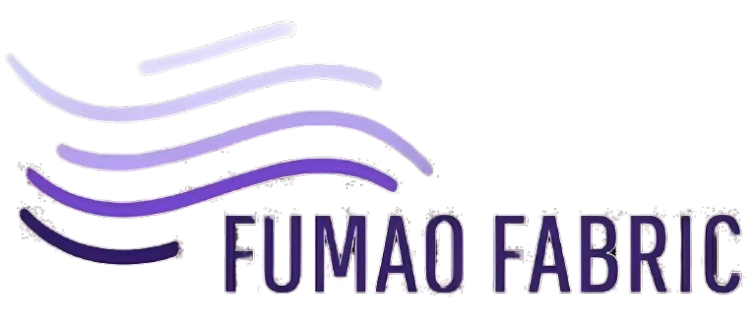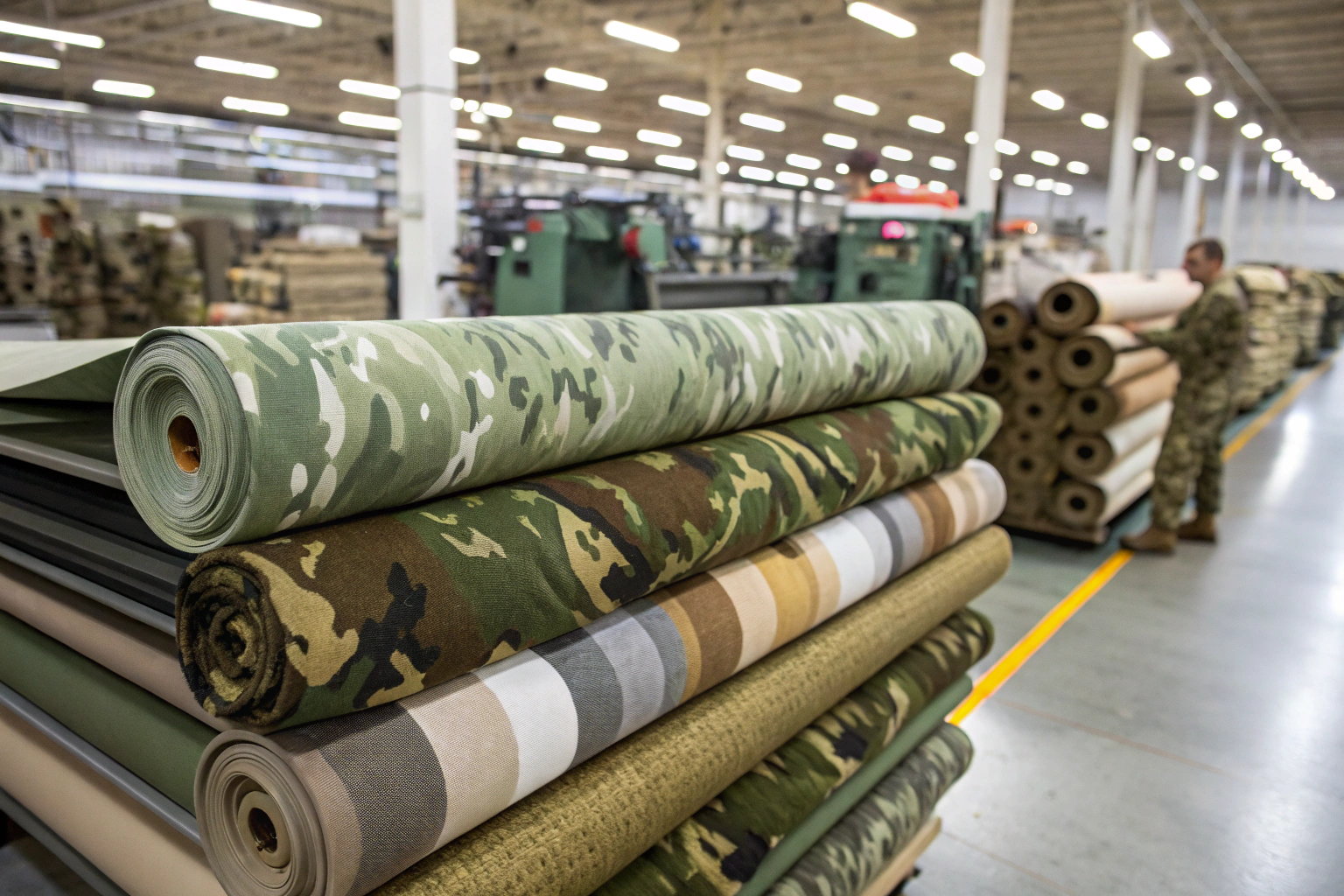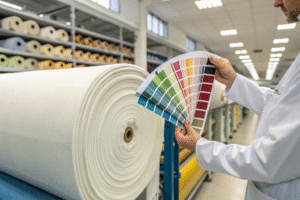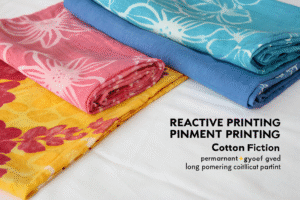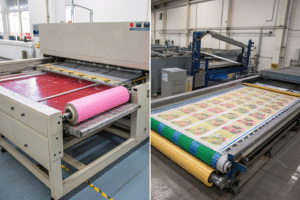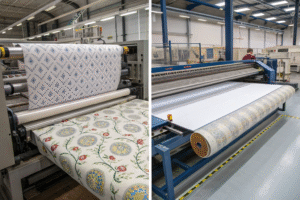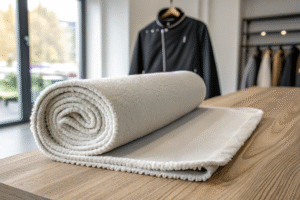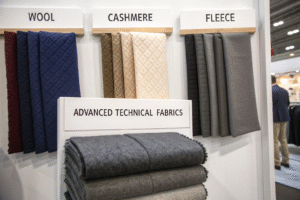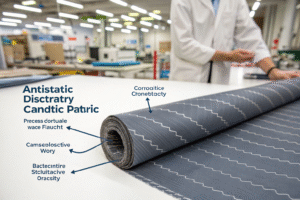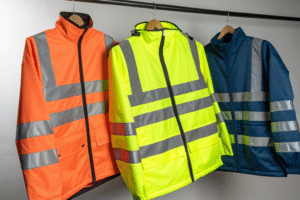Many U.S. tactical brands, military uniform suppliers, and government contractors often face a critical bottleneck: finding a dependable source of camouflage fabric that meets both MIL-SPEC standards and Berry Amendment compliance. With the increasing demand for Made in USA solutions and strict procurement policies by the Department of Defense (DoD), sourcing such specialized fabric isn’t just about quality—it’s about legality, traceability, and patriotism.
If you’re seeking Berry-compliant, MIL-SPEC grade camouflage textiles for tactical gear, uniforms, or defense contracts, you must understand what qualifies and where to source it. This article breaks down the top questions fabric buyers are asking and where real opportunities lie—whether you’re a government supplier or a private label brand riding the military-fashion crossover trend.
Let’s explore what Berry compliance truly involves, which fabrics meet the MIL-SPEC camo requirement, and how you can source them from certified suppliers with confidence.
What Makes a Camouflage Fabric Berry Compliant?
Sourcing MIL-SPEC camouflage fabric isn’t just about aesthetics or pattern accuracy—it’s about full compliance with U.S. federal procurement regulations.
Berry compliance means every component of the textile—from fiber production to dyeing and final finishing—must be made in the United States. For camouflage fabrics, that includes yarn spinning, weaving, printing, coating, and quality testing.
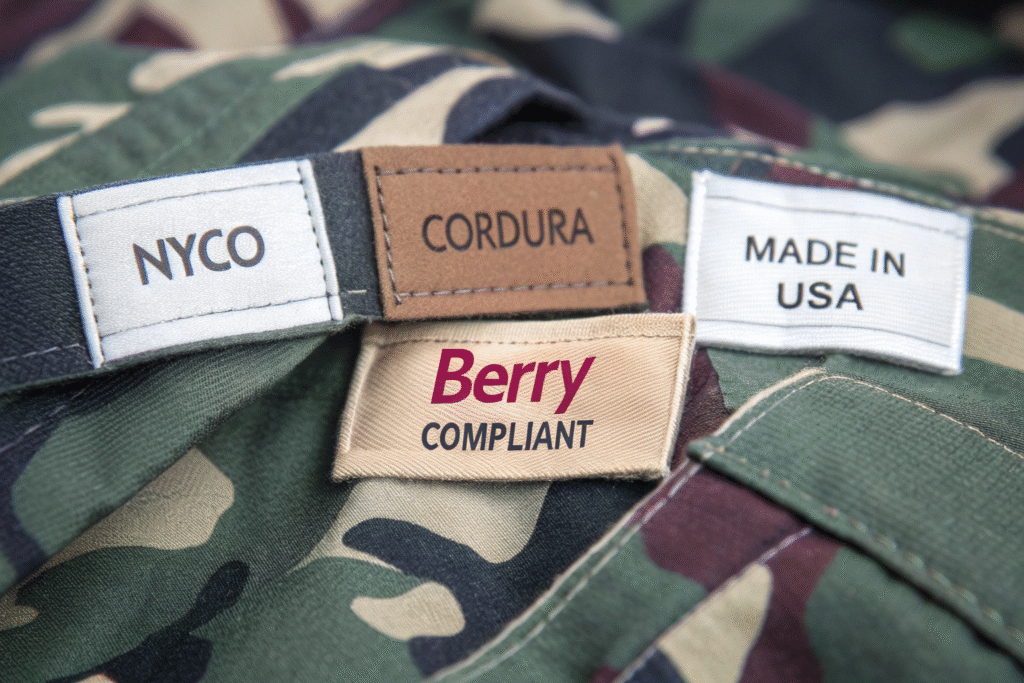
What Materials Are Typically Used?
- NYCO (Nylon/Cotton) Blends – Often 50/50 or 70/30 ratios
- CORDURA® 500D or 1000D – Ideal for load-bearing gear
- Aramid Blends – For FR (fire-resistant) applications
These materials must also meet MIL-C-44073 standards for military use, ensuring durability, tear strength, and IR (infrared) reflectivity.
Why Is It Required?
Under the Berry Amendment, the U.S. Department of Defense cannot purchase textiles unless they’re wholly produced in the U.S., unless a domestic non-availability determination (DNAD) is issued. Failure to comply could disqualify contractors from bidding on federal tenders.
How Is Berry Compliance Verified?
Verification is conducted through certificates of origin, vendor audits, and compliance documentation issued by approved suppliers. Auditable proof is crucial for DoD bidding eligibility.
For example, U.S. mills like Tencate Protective Fabrics or Brookwood Companies typically provide:
- CAGE Code
- Certificate of Conformance
- MIL-SPEC test results
Also, always confirm that your supplier is listed on the DLA Troop Support Qualified Suppliers List.
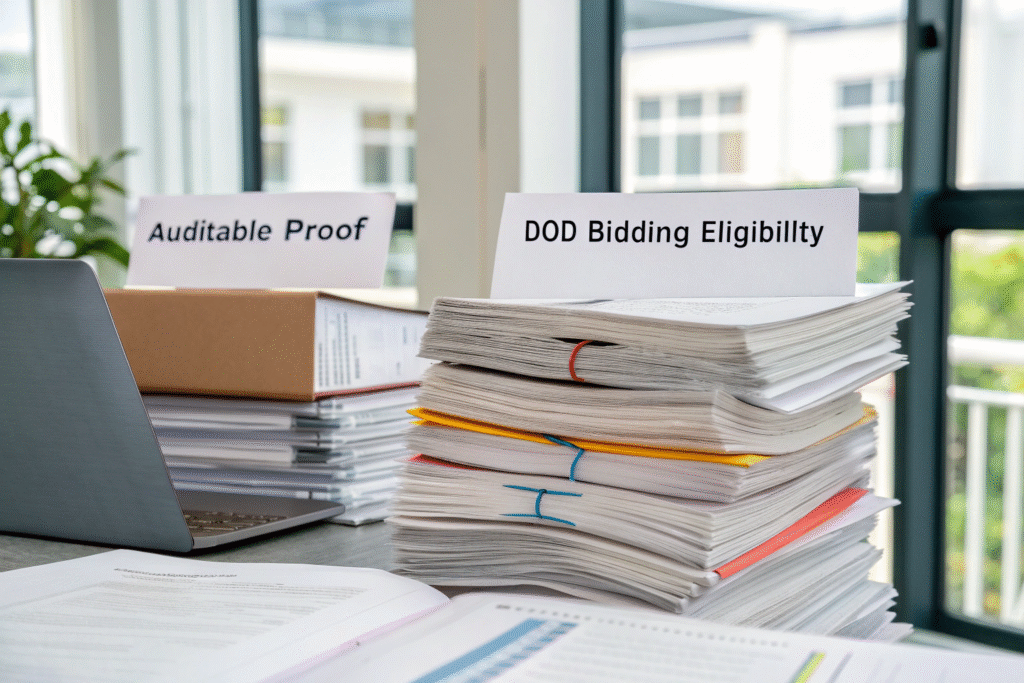
Where Are These Mills Located?
Most are concentrated in the Southeastern U.S., particularly in North Carolina, South Carolina, and Georgia—the historical textile belt of America.
| Supplier | Specialty | Notable Offerings |
|---|---|---|
| Tencate | FR fabrics | Defender® M used in U.S. Army combat uniforms |
| Brookwood | Multi-layer & laminated camo | CORDURA®, NYCO prints |
| Milliken & Co. | Technical textiles | Berry-compliant knits, chemical protection |
| Duro Industries | Disperse & reactive print | IR compliant camouflage |
These mills often have strict production MOQs (Minimum Order Quantities), starting from 1,000 yards per color.
Are There Distributors for Smaller Buyers?
Yes. If you’re not ordering bulk quantities, many authorized Berry-compliant resellers offer cut-yardage or smaller rolls. Some key distributors include:
You can also explore government liquidation platforms like GovPlanet for surplus fabric lots, though certification may be limited.
What Patterns Are Approved for MIL-SPEC Camo?
Different military branches require different camouflage patterns depending on operational environments.
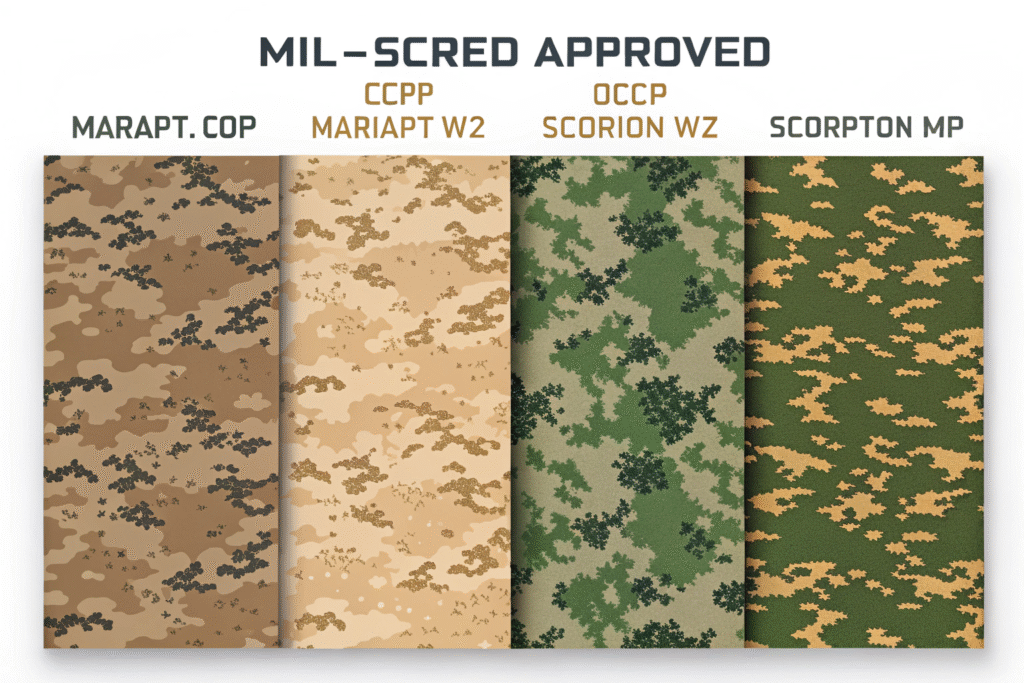
Commonly Used Patterns
| Pattern | Military Branch | Notes |
|---|---|---|
| Scorpion W2 (OCP) | U.S. Army | Standard issue since 2015 |
| MARPAT | U.S. Marines | Pixelated woodland & desert |
| AOR1 & AOR2 | U.S. Navy SEALs | Limited distribution |
| NWU Type III | U.S. Navy | Woodland digital |
| MultiCam® | U.S. Special Forces | Commercial license via Crye Precision |
To legally use these, your supplier must have appropriate print licenses and match Pantone shades or IR reflectance standards set by Natick Labs.
Can Foreign Suppliers Support Berry-Compliant Projects?
While foreign mills like ours at Fumao Fabric in China cannot directly supply Berry-compliant fabric, we can still play a role in supporting your brand:
- For non-government civilian gear, we provide MIL-SPEC equivalent camo fabrics with custom coatings.
- For U.S.-based Berry-compliant contractors, we offer greige fabric development and transfer licensing or production to U.S. partners for finishing.
This co-development model has helped clients speed up prototyping while remaining compliant for DoD bidding.
Conclusion
Berry compliance isn’t just a regulation—it’s a high bar for quality, consistency, and country of origin. If you're serious about military textile procurement, especially camouflage fabric that meets MIL-SPEC, you need certified, domestic, traceable sources. And you need to know who can scale when demand rises.
If you're a U.S.-based defense brand, apparel startup, or uniform contractor looking to build a compliant supply chain—or a fashion brand inspired by tactical aesthetics—we can help you bridge the gap between function and compliance.
At Fumao Fabric, we’ve worked with clients who develop U.S.-based military gear and understand the balance between innovation and regulation. For support in prototype development, greige production, or private label outdoor camo lines, contact our Business Director Elaine at 📧 elaine@fumaoclothing.com.
Let’s build a reliable textile strategy that wins contracts—and trust.
